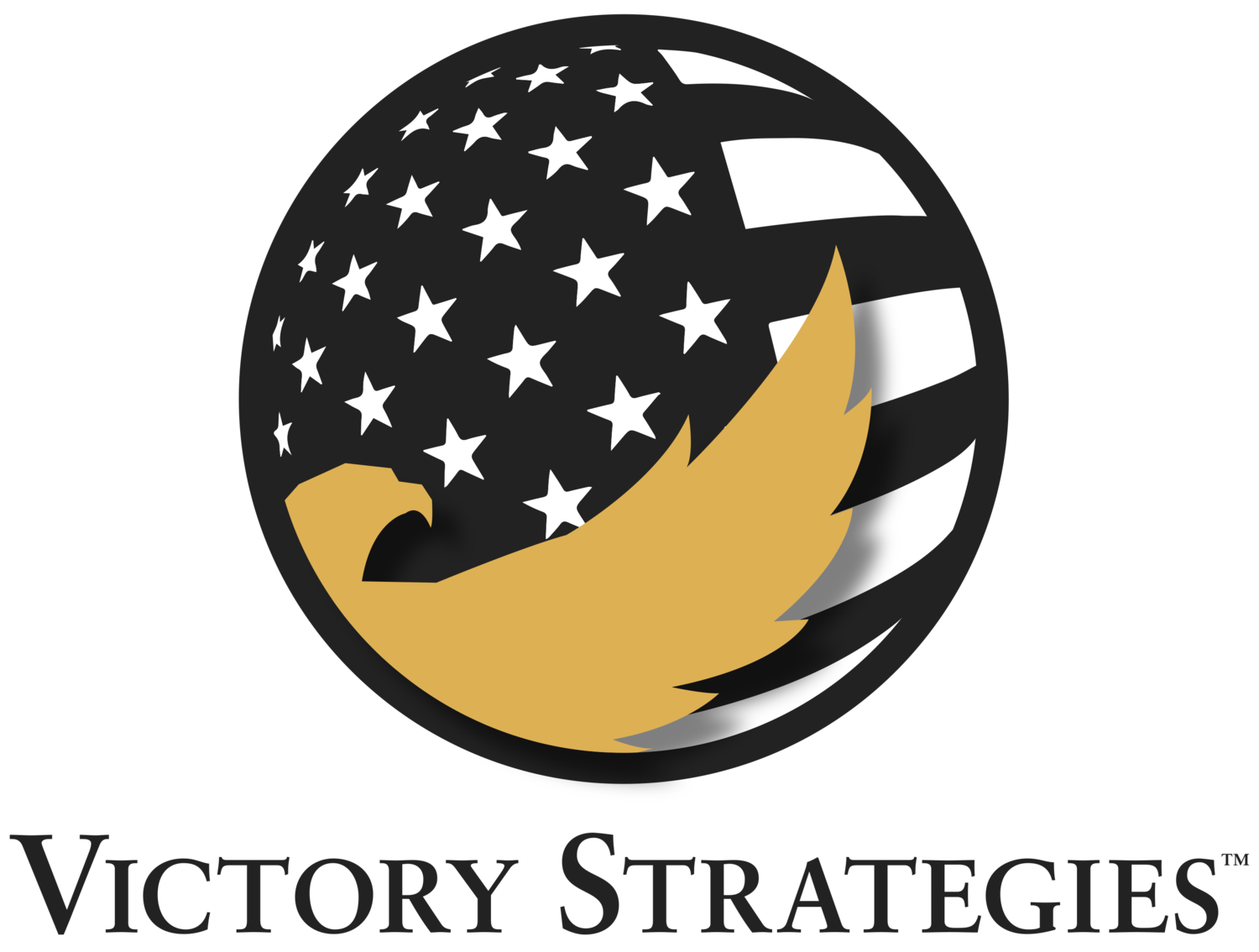Ask 10 different people their definition of leadership and you will likely get 10 different answers. There are literally thousands of books on the subject with hundreds of books on leadership theory because there is no simple answer. Too much depends on the people and the circumstances involved. All we can say for sure is that leadership involves a person influencing or directing at least one other person to accomplish something. That covers a lot, which may help to explain why there are so many books on the subject. Anyone who tells you that there is one way or best way to lead is likely not a practitioner. There is no book of leadership recipes that says in circumstance x, with people y, do z and all will be well.
The great martial artist Bruce Lee put it this way: “Be like water making its way through cracks. Do not be assertive, but adjust to the object, and you shall find a way around or through it. If nothing within you stays rigid, outward things will disclose themselves. Empty your mind, be formless. Shapeless, like water. If you put water into a cup, it becomes the cup. You put water into a bottle and it becomes the bottle. You put it in a teapot, it becomes the teapot. Now, water can flow or it can crash. Be water, my friend.” The most successful leaders over time are those who can adapt like water, but there are also exceptions; leaders who happened to have the ideal temperament and leadership skill set to be highly effective in a time of crisis. Difficulty can follow these types of leaders when the situation is resolved and they lack the leadership acumen to adapt their style to be effective in the post-crisis environment.
Situations are fluid and people are complicated. Those who embark on a leadership journey are well-advised to cultivate the competencies necessary to address a broad range of circumstances and lead many different types of people. After returning home from a yearlong deployment in Afghanistan where I led a team comprised of Air Force, Army, Navy, Marines, and civilian contractors, one of my team members reached out to me saying, “You know, I admire how you led our team, so I tried to figure out your leadership style. I couldn’t. Sometimes you were directive, other times you were inclusive. In some situations, you were hands on and in other cases you delegated and left us to figure things out. I don’t know how you did what you did but it worked.” My leadership success in that environment wasn’t an accident, it was the result of 18 years of active and conscious practice filled with triumphs, failures, and thousands of hours of reflection. I tailored my leadership approach in accordance with my assessment of the individuals and the situation at hand.
While everyone can develop leadership skills, not everyone can or will be a great leader. Every person has their strengths and limitations. Some people are not well-suited to be leaders because they lack the necessary psychological or intellectual capacity. However, with a few exceptions, almost everyone can become a good leader if they are willing to put in the effort. To become a great leader, however, requires a commitment to leadership mastery and a growth mindset. Mastery is a lifetime pursuit because there is always something more to learn.
Be like water.
Authored By: Jason Lamb, Managing Director

